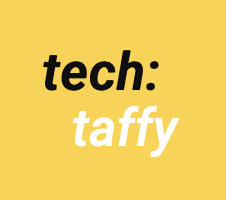By Adam E. John
A federal judge in Virginia has ruled that the government can collect the private records of three Twitter users as part of its investigation related to WikiLeaks. The court also refused to unseal or publicly list all orders and other court documents relating to the parties in the case, including orders that may have been sent to other companies besides Twitter.
The American Civil Liberties Union and the Electronic Frontier Foundation represent Birgitta Jonsdottir, an Icelandic parliamentarian and one of the Twitter users whose records were sought by the government. The decision was an appeal of rulings made by a magistrate judge. You can find the ruling and other information about the case here.
Aden Fine (Staff attorney, Speech, Privacy and Technology Project, ACLU): Internet users don’t automatically give up their rights to privacy and free speech when they use services like Twitter. The government shouldn’t be able to get this kind of private information without a warrant, and they certainly shouldn’t be able to do so in secret.
The Section 18 USC 2703 Required Disclosure Of Customer Communications Or Records, of the Stored Communications Act has a provision [2703(d)] for law enforcements to request access to Internet records (like personal data or transactions information) “if the governmental entity offers specific and articulable facts showing that there are reasonable grounds to believe that the contents of a wire or electronic communication, or the records or other information sought, are relevant and material to an ongoing criminal investigation.”
The Stored Communications Act is part of the Electronic Communications Privacy Act; it is codified as 18 U.S.C. §§ 2701 to 2712. The Act was invoked last year in the Robbins v. Lower Merion School District case, where plaintiffs charged two suburban Philadelphia high schools of secretly spying on students using webcams embedded in school-issued laptops the students were using at home, violating their right to privacy.

